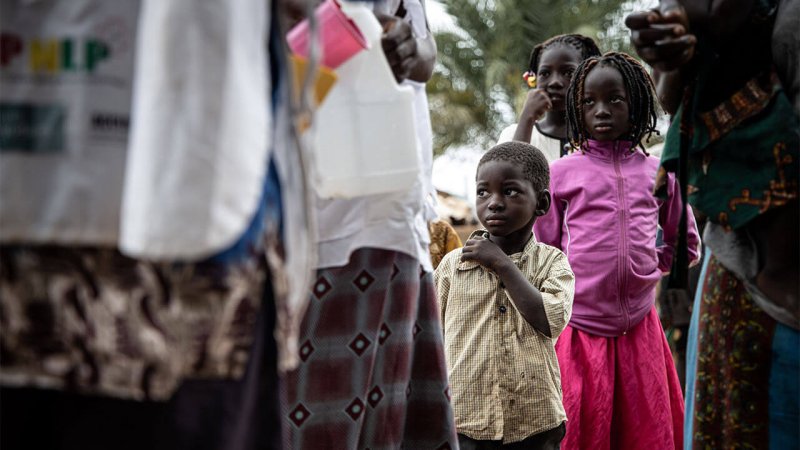The hunt for a malaria vaccine has been going on the best part of a century. One, the Mosquirix vaccine developed by GlaxoSmithKline, has been through lengthy clinical trials but is only partially effective, preventing 39% of malaria cases and 29% of severe malaria cases among small children in Africa over four years. It is being piloted by the World Health Organization in parts of Kenya, Ghana and Malawi.
[An] Oxford vaccine is the first to meet the WHO goal of 75% efficacy against the mosquito-borne parasite disease. Larger trials are now beginning, involving 4,800 children in four countries.
Prof Adrian Hill, director of the Jenner Institute, where the Oxford/AstraZeneca Covid vaccine was invented, said he believed the vaccine had the potential to cut the death toll dramatically. “What we’re hoping to do is take that 400,000 down to tens of thousands in the next five years, which would be absolutely fantastic.”
Other interventions, such as impregnated bednets and malarial drugs, have reduced the death toll from a million a year, he said, and those must continue. But, if the vaccine could cut deaths to the tens of thousands, they might be able to look towards “a greater goal – eventually eradicating malaria”.































